Indonesia–Australia Internship Program Aims to Boost Public Health Systems Across Indo-Pacific
CANBERRA, AUSTRALIA – The cool morning air of Canberra welcomed a historic moment at the Gulgana Building, Fairbairn, where health officials from two nations gathered to witness the opening of the Inaugural Internship Program and Regulatory Cooperation between the Therapeutic Goods Administration (TGA) of Australia and Indonesia’s National Agency of Drug and Food Control (BPOM).
In front of senior Australian officials, including Professor Anthony Lawler, Deputy Secretary and Head of TGA, as well as representatives from the Department of Foreign Affairs and Trade (DFAT), BPOM Head Prof. Taruna Ikrar delivered a confident yet meaningful statement on Monday (August 25, 2025).
“Today marks an important milestone in our long journey of collaboration,” Prof. Taruna declared.
For him, the internship program goes beyond technical training. It symbolizes a shared vision to strengthen regulatory science and public health systems across the Indo-Pacific region.
“This program is a natural continuation of our collaboration—through technical workshops, joint trainings, and sustained dialogue within the Indo-Pacific Regulatory Strengthening Program,” he added.
Six mid-career BPOM professionals will take part in the program, gaining firsthand experience within TGA’s working environment. Their activities will cover pharmacovigilance, marketing authorization, and regulatory system strengthening—bridging theory with practical, day-to-day regulatory challenges.
Prof. Taruna emphasized that the world stands at a crossroads of rapid change. From biologics, vaccines, and cell and gene therapies, to AI-powered medical devices, regulatory authorities must act with greater agility, competence, and connectivity.
“This is precisely why programs like this matter. Amid global health challenges—routine and emergency alike—strong networks of trust can make a real difference,” he stressed.
However, Taruna underlined that success should not be measured solely by technical gains. He hopes the program will foster cross-cultural understanding, professional networking, and mutual trust between BPOM and TGA.
“Learn, collaborate, and bring home valuable insights that will enrich our regulatory practice in Indonesia,” he urged BPOM participants.
Prof. Taruna also expressed gratitude to TGA and the Regulatory Strengthening Program team for their unwavering support, hospitality, and professionalism in designing this initiative. He noted that such a significant effort stems from a shared strategic vision and the dedication of senior officials in both agencies.
Concluding his remarks, Taruna called on all parties to reaffirm their collective commitment: strengthening regulatory cooperation, building regional solidarity, and safeguarding public health.
“The challenges we face are complex. Yet through partnership, mutual respect, and continuous learning, we can create greater impact—together,” he said.
This inaugural internship may be just the first step, but it carries a profound aspiration—that Indonesia and Australia, through BPOM and TGA, can serve as a driving force in strengthening health regulations across the Indo-Pacific.
Behind it all lies a powerful message from Prof. Taruna Ikrar: regulatory science is not merely about rules—it is about protecting lives and securing the future of humanity. (Uki Ruknuddin)



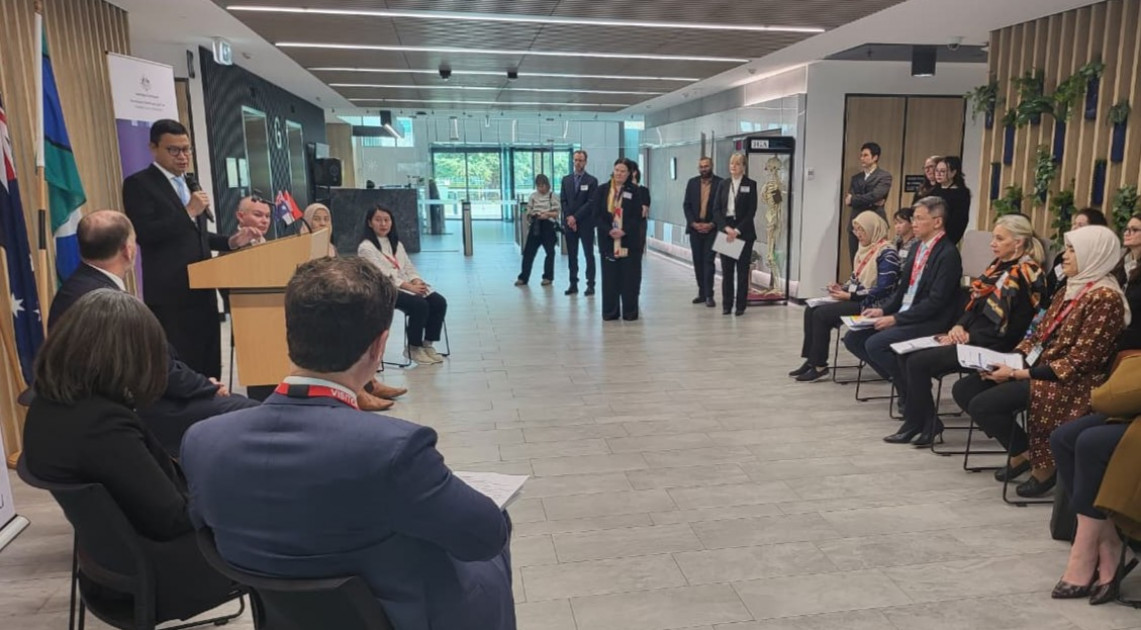
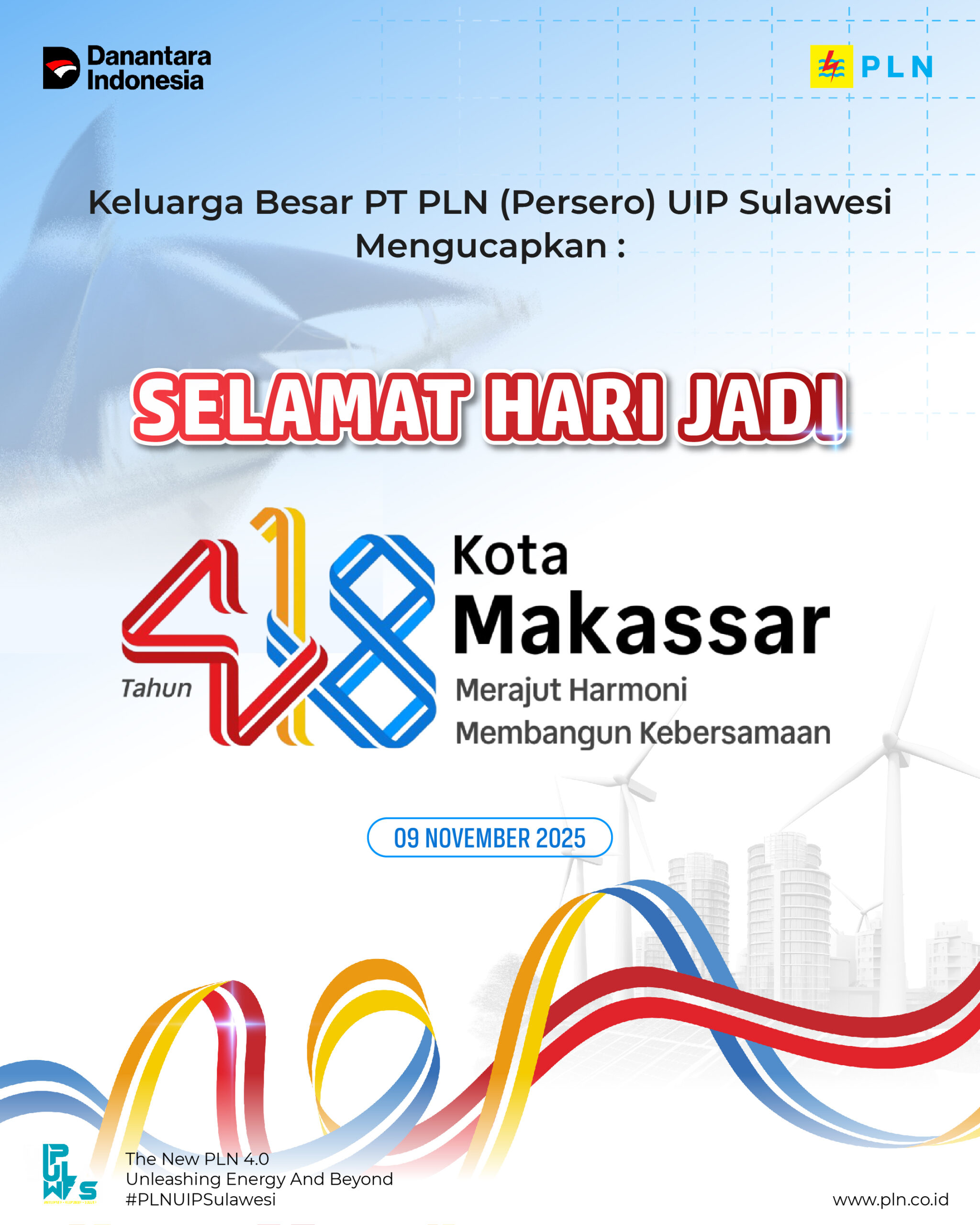













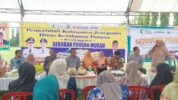


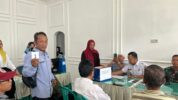
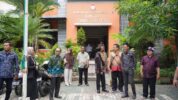
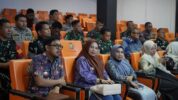
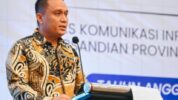


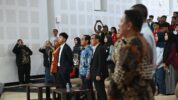
Tinggalkan Balasan